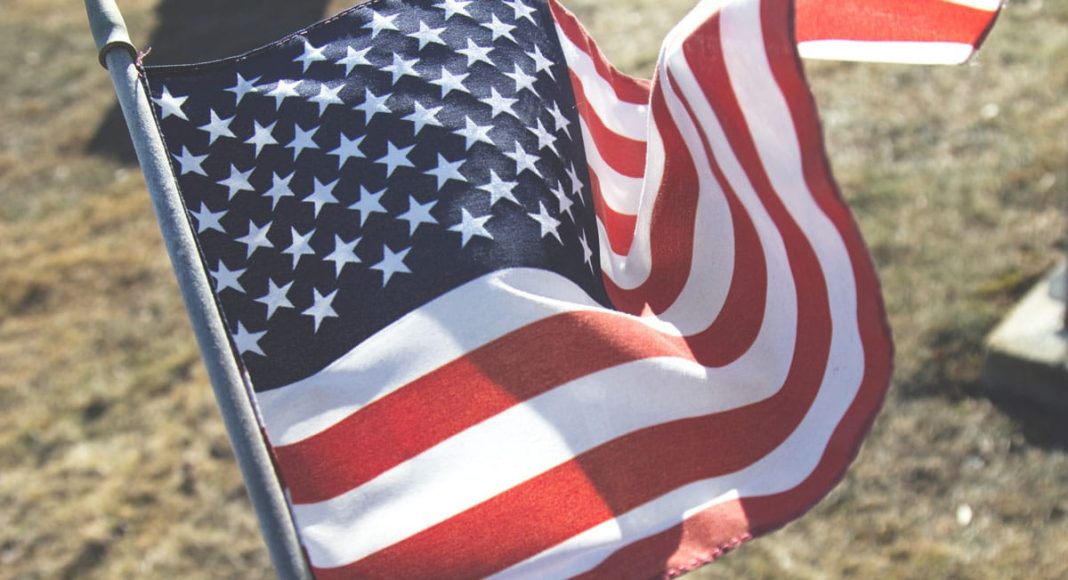Marijuana legalization reform continues to pick up steam nationally. Read all about these developments and more in The Fresh Toast’s Marijuana Legislative Roundup for Jan. 29.
National
On Monday, President Trump signed a budget deal to fund the government through February 8, temporarily extending federal protections on medical marijuana. The continuing resolution signed into law Monday included a provision known as the Rohrabacher-Blumenauer Amendment, which prohibits the use of federal funds to interfere in state efforts to implement medical marijuana legalization. The Amendment, previously known as Rohrabacher-Farr, has been included in every federal spending bill since its first passage in 2014. In 2017, Attorney General Jeff Sessions wrote a letter to Congress urging lawmakers not to extend the Amendment in future legislation. As congressional budget negotiations resume following the end of the government shutdown, the fate of the amendment after February 8 remains uncertain.
-
Related Story: Arizona Medical Marijuana Sales Are Going To Shock You
Vermont
On Monday, Vermont Governor Phil Scott signed a bill to legalize adult possession and cultivation of small amounts of marijuana in the state. The new law allows adults 21 and older to possess up to one ounce of cannabis and grow up to six plants at home, with a limit of two mature plants and six immature seedlings per household. Cannabis sales and public consumption remain prohibited. With the governor’s signature, Vermont became the first state to legalize recreational marijuana by an act of the legislature, as opposed to a ballot referendum. Governor Scott vetoed an earlier version of the bill last year, citing public health and safety concerns. Whether Vermont will move to create a regulated cannabis market remains unclear. Scott has expressed grave doubts over such a move, but the legislature is expected to develop legislation to create a system of taxation and regulation like those in states such as Washington and Colorado. A cannabis commission created by the governor to make recommendations on such a system will release its findings this year.
Virginia
On Wednesday, a Virginia House subcommittee voted 7-1 against a bill to decriminalize possession of small amounts of marijuana in the state. HB 1063 would have reduced first-time possession of up to a half-ounce of marijuana from a criminal violation to a civil infraction punishable by a fine no more than $250. Subsequent violations would be subject to a $1,000 fine. Currently, first time marijuana offenses are subject to a $500 fine and up to 30 days in jail.


